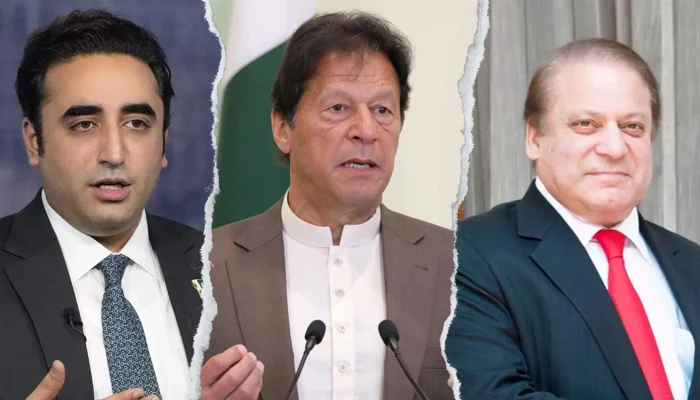As many as 17,816 independent and party-affiliated candidates contested 265 National Assembly, 296 Punjab Assembly, 130 Sindh Assembly, 113 Khyber Pakhtunkhwa (KP), and 51 Balochistan seats — a total of 855.
The polls, the largest-ever in the country’s history, are pivotal for the country’s uncertain socioeconomic and political future given the dire economy and security situation — and arguably an all-time high political polarisation.
The run-up to the polls saw violence with a significant surge in terrorist attacks, especially in Balochistan and KP.
Apart from the cowardly terrorist attack on police in Dera Ismail Khan (DI) that martyred four police, the polling day witnessed relevant calm with no major violent incident reported from anywhere in the country.
A controversial eleventh-hour action by the government that cast doubts on the transparency, fairness, and freedom of polls was the suspension of mobile and internet services across the country. This move drew heavy fire from the Pakistan Peoples Party (PPP) Chairman Bilawal Bhutto-Zardari, Jamaat-e-Islami Pakistan (JIP) Emir Hafiz Naeem Ur Rehman, and independent candidate Mustafa Nawaz Khokhar, and others.
The PPP chief was so outraged over this abrupt shutdown of mobile services that he even wrote to the Chief Justice of Pakistan (CJP) Qazi Faez Isa to take notice and have the apex court implement the Islamabad High Court’s (IHC) 2018 orders barring suspension of these services on polling day.
Nevertheless, polling continued as people gathered outside 90,675 polling stations to cast their ballots which concluded at 5pm.
While the Election Commission of Pakistan (ECP) promised to announce the election results without any delay, hours-long delays sparked controversy with several parties casting doubts.
However, the commission has started releasing provisional results, ending uncertainty among candidates.



Comments are closed.